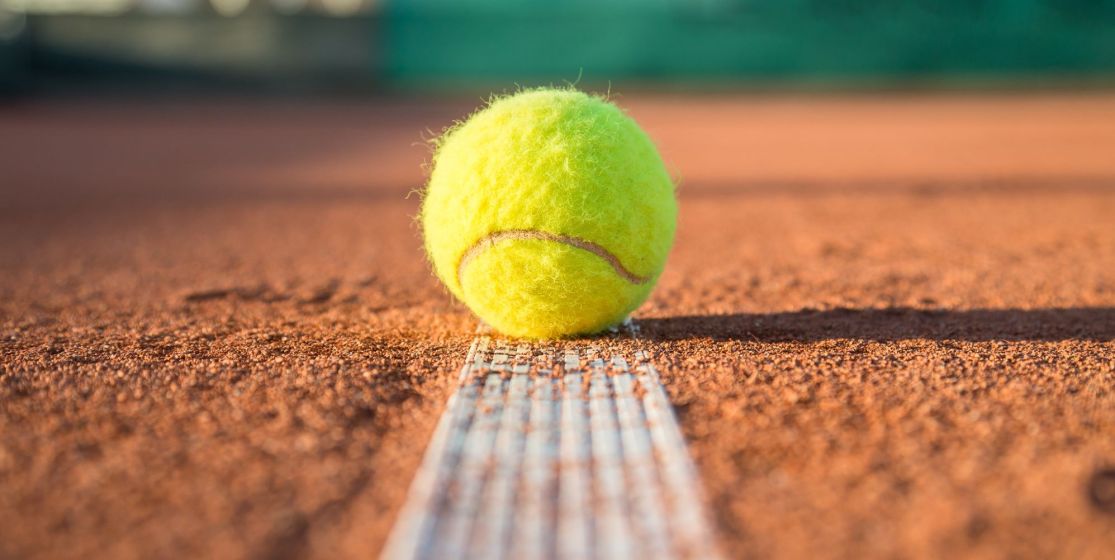Richard Gasquet commented on it before facing Grigor Dimitrov in the second round at Roland Garros: The youngsters have disappeared from the top of the ATP rankings. But why? High level, lack of maturity, pressure or simple lack of talent? We offer up a tentative answer…
"Now you have the Tsonga, Monfils, Gasquet generation... And then you have a kind of vacuum until the 1994 generation." The coach of the unusual Benoit Paire, Lionel Zimbler, comments here a pretty sad record. A very French observation that also applies on the global scale: where are the rising stars of tennis? At a time when basketball players,footballers and so many others break through at an early age on the hardwood or the field, tennis players, who were once as precocious, appear to have suffered since the rise to dominance of the “Nadal generation” - Nadal himself, Murray and Djokovic. Eagerly expected by the public to take his place at the top table since "he was in his stroller" Richard Gasquet is part of the last young players who were able to make a name for themselves in the top 100, then, in the top 20. It’s with this experience, and before his match against the talented Grigor Dimitrov, 21 years old, that the Beziers native decided to put a cat among the pigeons: "Today it's even harder for young people." Yes, but why?
Tennis is hard
Tennis is also incredibly competitive. There are many pretenders, but just a few chosen ones in a sport that, unlike others, is popular all over the world. For Nicolas Pietrowski, coach of the young Russian Salnikova Daria, this integration problem is logical: "The average level has increased. It became more difficult for a player on tour to step up." More players means more competition and therefore, a certain densification of the level, even in the lower reaches of the rankings. "Nowadays, even the Challenger tournaments are difficult" insists Richard Gasquet. Aware of this intensity, Lionel Zimbler, who oversaw the development of Fabrice Santoro, Paul-Henri Mathieu and many other players in the top 100, thinks that the constant evolution of tennis is forcing players to bloom later: "Nowadays, to make it in tennis and get into the top 100 , you have to be mature. To be skilful, physically strong, hard-working and serious puts you on the road to success, but today the key thing is maturity - knowing how to work, and working with the right people..."
The laws of genetics?
Harder, therefore, denser, the tennis world also went through a vacuum in terms of production of rising stars. "This is maybe just what life is" adds the coach of one of the rare players under 23 years old ranked inside the top 100. "The reason for this lack of youngsters breaking through is not necessarily explainable, as the current generation is exceptional..." An American coach, obviously in good spirits, but who preferred to remain anonymous gives largely the same story : "It’s true that there is a generational vacuum. The adult level is too high. It is more intense, more demanding." Regulated with a very precise and specific manner, the world of tennis might even be penalizing to its own young shoots. For example, Nicolas Pietrowski criticises that the number of senior tournaments for 16 year olds is restricted to 12 per season.
Tennis, a team sport
An exceptional level, amazing players, but also a different understanding of tennis. Today, everyone agrees that breaking into and staying part of the elite of tennis is no longer a simple matter of racket and yellow ball. Big bucks, coaches, press officers, physios, more than him alone, a player today represents a team. It is an additional financial pressure that, according to Lionel Zimbler, penalizes the young players who are not supervised their national tennis federation. Despite this sombre future, it still does not prevent a player like David Goffin, 21, from finding himself in the last 16 at Roland Garros against his idol Roger Federer. Tennis may be changing, but it will always make people dream.
Swann Borsellino and Victor Le Grand






